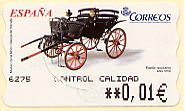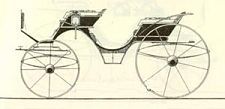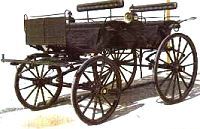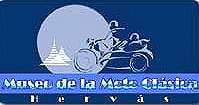| SPAIN.
Thermal ATM issues 2OO3 |
T83
(91) |
Carriages
(1).
Phaeton
exclusive. Year 1850. Museo de la Moto Clasica de Hervas |
 |
|
Date
of issue :
|
|
September 2003 (1st.
date : / Phil. Serv. 13.10.03) |
|
|
|
47 x 27 mm.
- Format type 4 |
|
Paper
:
|
|
Thermal phosphorescent
self adhesive |
| Printing
process : |
|
Offset 4 colours, Pantone
541, invisible ink |
|
Imprint
:
|
|
Thermal on
black |
| Imprint
varieties : |
|
5 (Epelsa
5 and 4 digits small and large, Epelsa LF) |
|
|
|
0,01
€ to 99,99 € / Set Ph.S.: 0,26-0,51-0,76 € |
|
Design
and printer :
|
|
SIGNE, S.A. |
|
Printing
:
|
|
|
|
| Click
on the image to enlarge it |
 |
The
Phaetons
appeared towards end of XVIII century.
They are high horse carriages
four wheeled and independent suspension.
Usually this carriages have
2 front main seats, where sit down and drive the owner, and 2 other auxiliary
seats behind. |
|
|
Phaetons
varied greatly in body style and passenger capacity, always adjusted to
the owners wishes ; Phaeton exclusive, ecijano, vis a vis,
jardinera, a la inglesa, ...
Although normally this carriages
don't include any roof, some models incorporated a folding one to protect
the front seats.
Phaeton
ecijano
|
 |
|
|
| The name of Phaeton
it's believed to have originated in Greek mythology when Phaethon,
child of the Sun god Helios, was said to have driven his father's
chariot wildly, almost setting fire to the earth. He was slain by Zeus
for his misadventure. |
| The ATM
image show the reproduction of a carriage in the Museo de la Moto
Clasica (MMC) de
Hervas (Caceres) - Classic Motorbike
Museum in Hervas, Caceres, Spain. |
 |
|